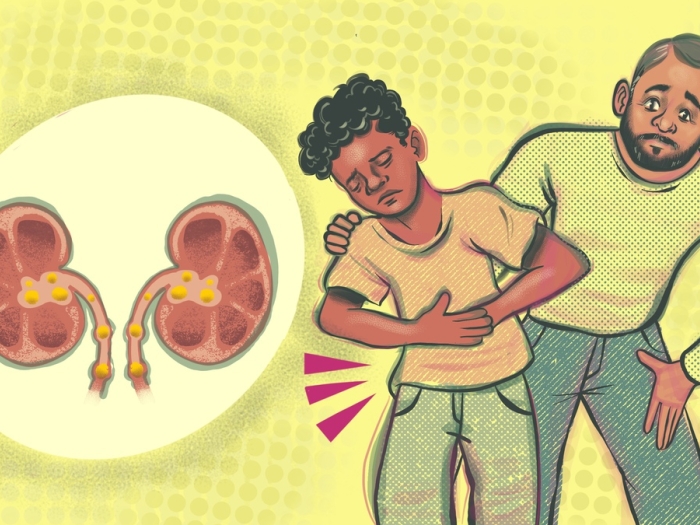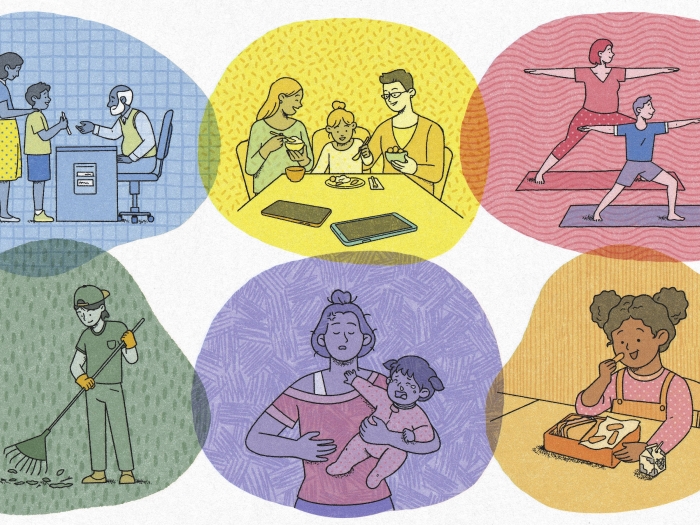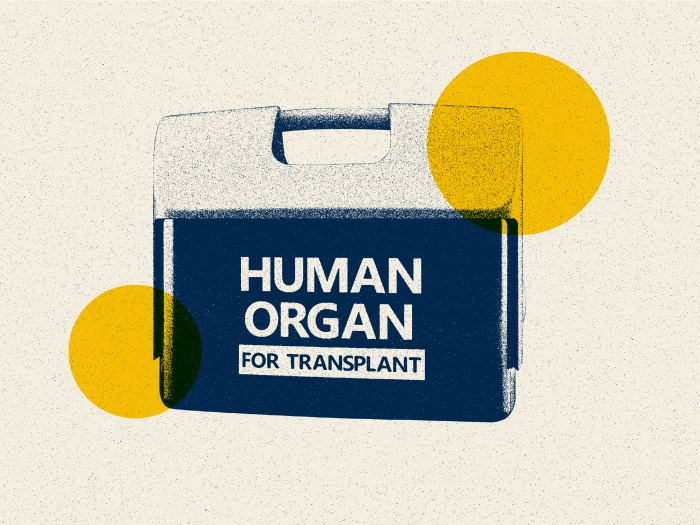Showing 1-15 of 44 results

Health Lab
A team of researchers have spent the past eight years looking at better ways to transport organs for donation, specifically hearts, to improve the number of organs that can be used for transplants. They found that using a modified normothermic perfusion system heart preservation was feasible for up to 24 hours.

Health Lab
Buprenorphine prescribing for opioid addiction used to require a special waiver from the federal government, but a new study shows what happened in the first year after that requirement was lifted.

Health Lab
Overuse of antibiotics can lead bacteria to evolve antimicrobial resistance, but Americans are still receiving the drugs for many conditions that they can’t treat.

Medical School News
Four with Medical School ties are among 12 University of Michigan faculty and staff members recognized by the American Association for the Advancement of Science (AAAS) as 2023 fellows in recognition of their extraordinary achievements.

Health Lab
Researchers recently revealed a new mechanism behind antiphospholipid syndrome that the investigators hope will eventually allow treatments to be targeted closer to the source of the problem.

Health Lab
Sudden cardiac arrest in young athletes: 5 things parents should know

Health Lab
2 in 3 parents in national poll say their child ages 5-12 use personal audio devices; pediatrician offers 4 tips to reduce noise exposure risks

Health Lab
Elective surgery study shows older adults have concerns about what it will cost them, how much work they’ll miss and whether they’ll catch COVID-19.

Health Lab
Cases of kidney stones in children are increasing, but parents can minimize the chances their kids develop them.

Health Lab
6 ways families can make resolutions stick

Health Lab
A C.S. Mott Children's Hospital health poll found most mothers and over two-thirds of fathers of children ages 0-4 use social media for questions on topics like feeding and behavior challenges.

Health Lab
Living with diabetes at such a young age comes with challenges, but those challenges have inspired Jackson, now 8 years old, to come up with ways for people like him to live a little easier with a new device called "SensePod".

Health Lab
Patients who experience this condition following the Fontan continue to have a high risk of death from the time they’re waitlisted for a new heart through receiving the transplant, according to a 20-center study led by Michigan Medicine. And one specific complication called cyanosis – or experiencing less than normal oxygen blood levels – was associated with worsened survival.